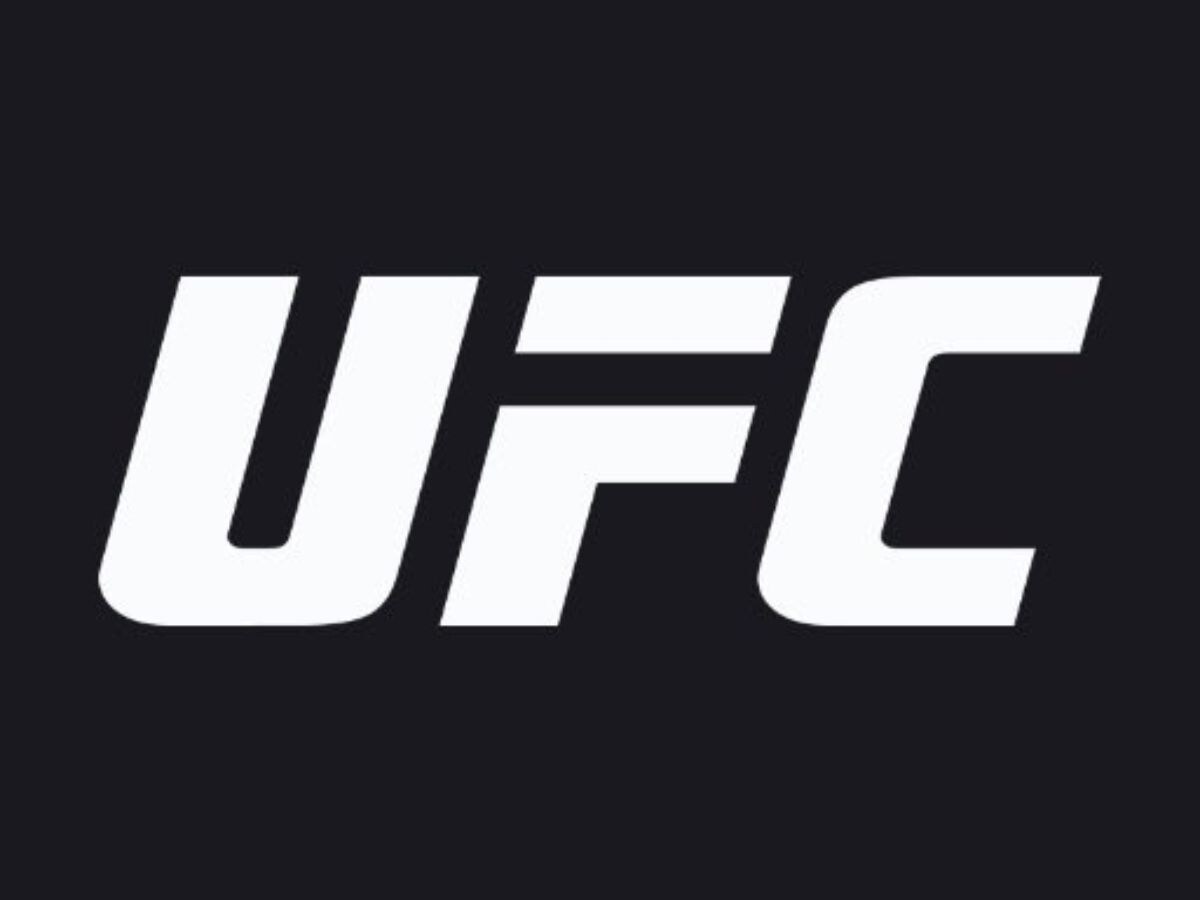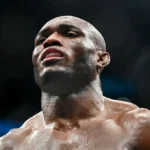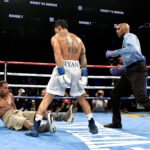The UFC (Ultimate Fighting Championship) has agreed to settle two long-standing antitrust lawsuits filed by former fighters Cung Le and Kajan Johnson for a staggering $335 million.
These lawsuits alleged that the UFC engaged in practices that stifled competition and suppressed fighter pay. While the settlement brings closure to the legal battle, questions linger about the role of TKO Group Holdings, the UFC’s parent company, in this unexpected resolution.
UFC’s Antitrust Lawsuits Settled with Help from TKO Group?
UFC’s antitrust lawsuits were settled with TKO Group, the UFC’s parent company, playing a central role, but not exactly in the way you might think. Here’s the breakdown:
Several former UFC fighters filed antitrust lawsuits against the organization, claiming the UFC suppressed fighter wages and restricted competition. These lawsuits aimed to challenge the UFC’s dominant market position and practices.
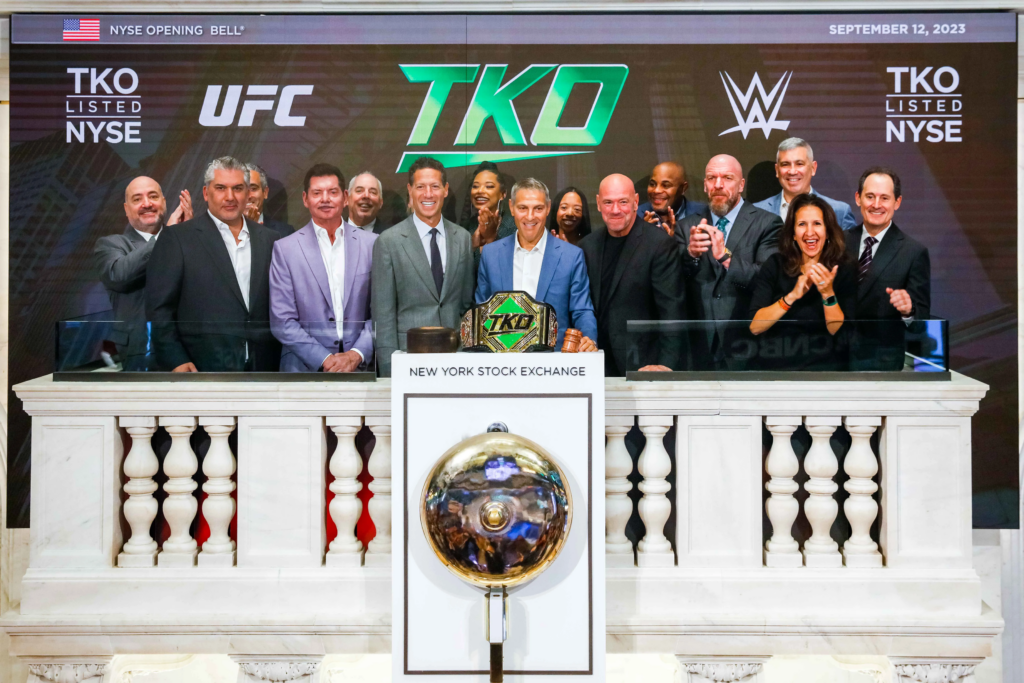
To resolve the lawsuits, TKO Group Holdings stepped in. Instead of “helping” the fighters win their case, TKO Group agreed to a $335 million settlement. This essentially means the UFC’s parent company conceded to ending the legal battle by paying out the sum to the fighters involved in the class-action lawsuits.
So, while TKO Group didn’t necessarily “help” the fighters in the traditional sense, their agreement to the settlement brought the lawsuits to a close. This settlement can be seen as a win for the fighters, as it provides them with a financial resolution without needing to fight the case all the way through court.
UFC Fighters React to lawsuit settlements
The settlement has elicited a mixed response from UFC fighters. Some, like middleweight contender Derek Brunson, expressed a cautious optimism on social media. “Finally,” Brunson wrote. “Hopefully, this will lead to some positive changes for the fighters.”
This sentiment reflects the financial struggles many fighters face, where fight purses and sponsorships often determine their livelihood. The prospect of a more equitable pay structure is undoubtedly appealing.
However, skepticism runs deep amongst others. Former light heavyweight champion Rashad Evans voiced his concerns, stating “335 million sounds like a lot, but is it enough to fix the issues in the UFC?”
‘Huge victory for UFC’: Fighters react to UFC’s $335 million settlement on antitrust lawsuits https://t.co/WZDnuxM6cA pic.twitter.com/DN9n12dqxC
— MMA Fighting (@MMAFighting) March 21, 2024
Many fighters believe the UFC still holds the upper hand when it comes to negotiations. Contracts often favor the promotion, locking fighters into long-term deals with limited bargaining power. Sponsorship restrictions also remain a sore point, as fighters argue the UFC limits their ability to secure additional income streams.
Fighter associations will likely continue pushing for change. They may use the settlement as leverage to advocate for increased fighter pay percentages, more standardized contracts that favor fighters, and greater freedom regarding sponsorships. Fans, too, can play a role by voicing their support for fairer treatment of athletes.
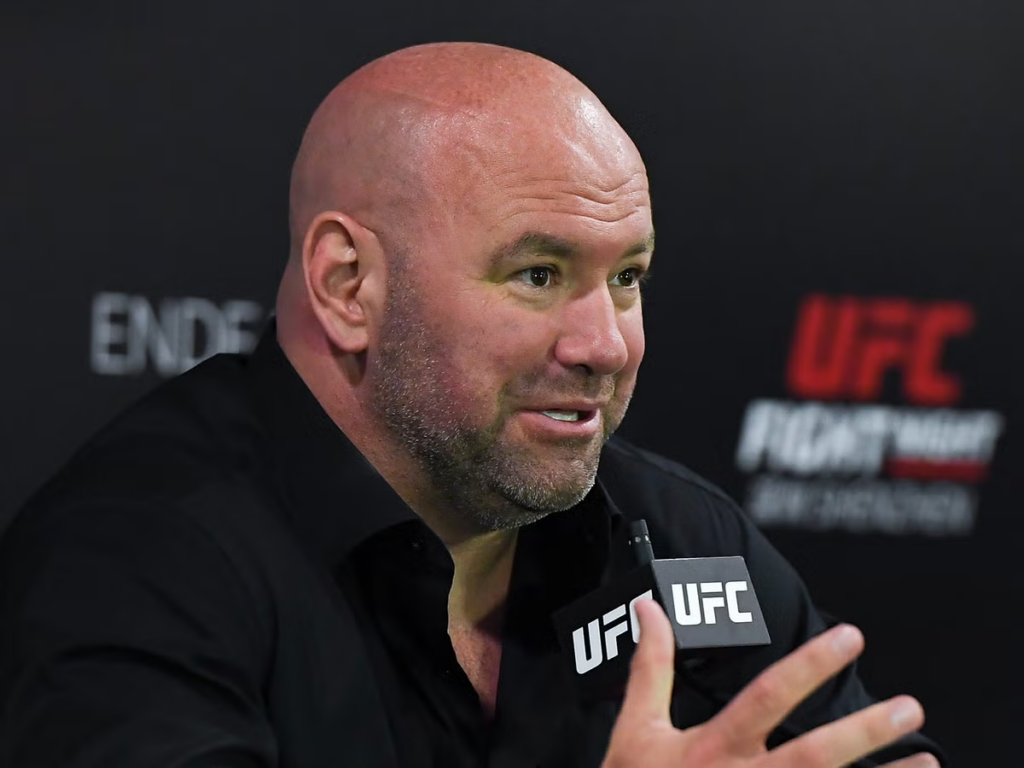
The $335 million settlement may have closed the legal chapter, but the fight for a more equitable system for UFC fighters continues. The future of the UFC hinges on the choices it makes regarding its athletes.
Will it prioritize profit margins above all else, or will it finally embrace a more sustainable model that rewards fighters for their contributions to the sport? Let us know your thoughts by commenting below.

